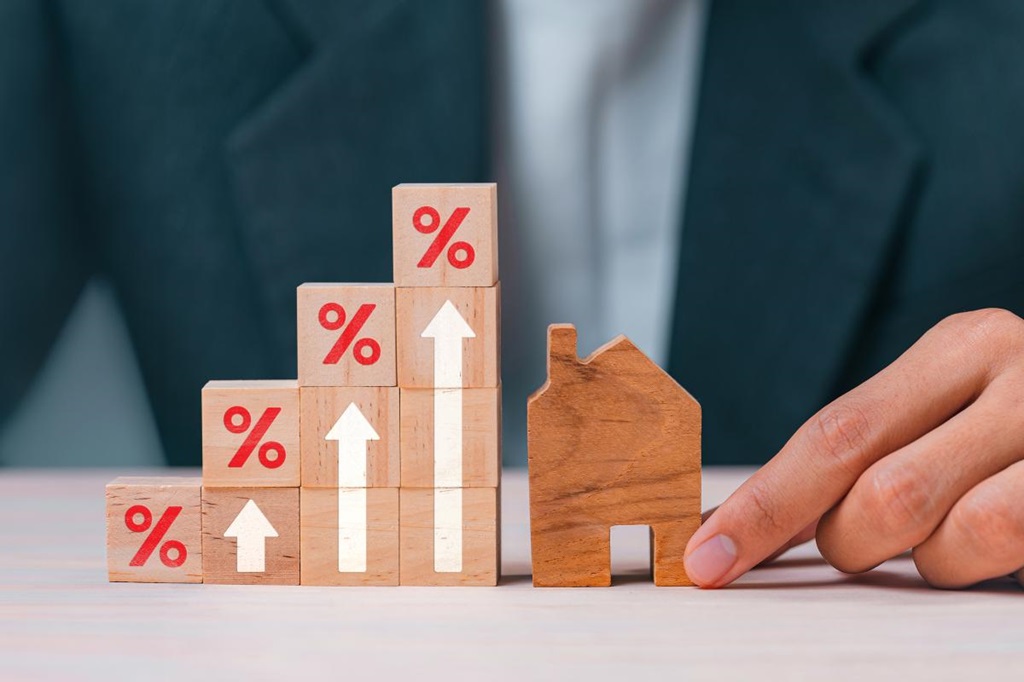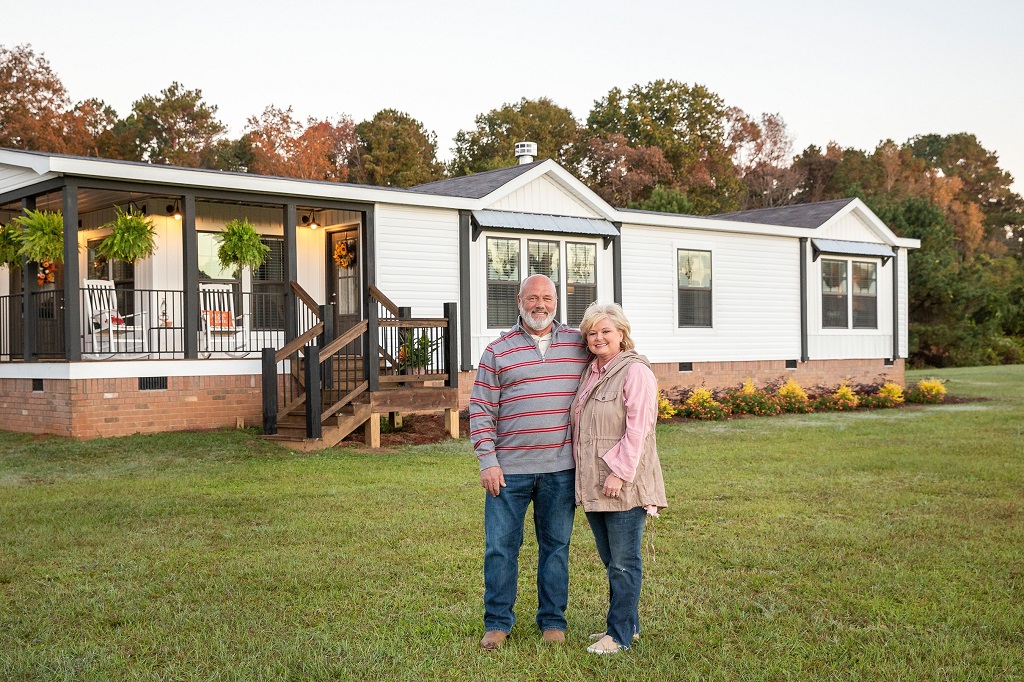A swimming pool, often seen as an emblem of luxury and leisure, has a complex and multifaceted relationship with a home’s value. While it can significantly enhance a property’s appeal, it’s not always a guaranteed boost. The impact of a pool on home value depends on a myriad of factors, including location, climate, pool type, maintenance, and the overall real estate market.
The Appeal of Pools
Pools offer numerous benefits that can elevate a home’s desirability. They provide a refreshing escape from hot weather, create a space for family fun and entertainment, and serve as an attractive focal point for outdoor living areas. For many potential buyers, particularly families with children or those who enjoy entertaining, a pool can be a major selling point.
The presence of a pool can also create a sense of luxury and exclusivity, enhancing the overall aesthetic and perceived value of a property. Moreover, pools can promote a healthy and active lifestyle, further adding to their appeal.
Location and Climate Considerations
The impact of a pool on home value is heavily influenced by location and climate. In warmer regions where pools can be used for a significant portion of the year, their value is generally higher. In contrast, in colder climates where pool usage is limited to a few months, their impact on home value may be less substantial.
The desirability of pools can also vary within neighborhoods and communities. In areas where pools are common, their presence may be expected, and their impact on home value may be less pronounced. However, in areas where pools are less prevalent, they may be viewed as a unique and desirable feature, potentially increasing a home’s value significantly.
Pool Type, Size, and Features
The type, size, and features of a pool can also influence its impact on home value. In-ground pools, generally considered more permanent and aesthetically pleasing, tend to have a more positive impact on home value compared to above-ground pools.
The size of a pool also plays a role. While a large pool may offer more space for swimming and recreation, it also requires more maintenance and can dominate a backyard, potentially limiting other outdoor activities. A smaller, well-designed pool may be a more attractive option for many buyers.
Additional features such as pool lighting, waterfalls, slides, and hot tubs can further enhance a pool’s appeal and potential impact on home value. However, it’s important to consider the maintenance and operational costs associated with these features.
Maintenance and Safety
Pools require regular maintenance to keep them clean, safe, and functional. The costs associated with pool maintenance, including chemicals, cleaning equipment, and repairs, can be significant. Potential buyers may be wary of homes with pools due to these ongoing costs.
Safety is another critical consideration. Pools pose a potential hazard, particularly for young children and pets. Ensuring adequate safety measures such as fences, alarms, and pool covers can be crucial for protecting families and maintaining a home’s value.
Related: How much does it cost to build a pool in your home?
Real Estate Market Dynamics

The impact of a pool on home value is also influenced by the overall real estate market. In a seller’s market with high demand and low inventory, a pool may not be as significant a factor in attracting buyers and driving up prices. However, in a buyer’s market with more competition among sellers, a pool could give a property a competitive edge.
Financial Considerations
Adding a pool is a significant financial investment. The cost of construction, maintenance, and increased insurance premiums can be substantial. It’s essential to weigh these costs against the potential increase in home value and the personal enjoyment and lifestyle benefits a pool may offer.
Selling a Home with a Pool
When selling a home with a pool, it’s essential to present it in its best possible light. Ensuring the pool is clean, well-maintained, and properly staged can enhance its appeal to potential buyers. Highlighting the pool’s features and benefits in marketing materials can also be helpful.
It’s also important to be transparent about the costs and responsibilities associated with pool ownership. Providing potential buyers with information on maintenance requirements, safety measures, and insurance considerations can foster trust and facilitate a smooth transaction.
Related: How to Budget for Pool Cage Replacement
Conclusion
A pool can be a valuable addition to a home, offering numerous benefits and enhancing its appeal to potential buyers. However, its impact on home value is complex and depends on various factors. Location, climate, pool type, maintenance, safety considerations, and real estate market dynamics all play a role in determining how a pool influences a property’s value.
If you’re considering adding a pool or buying a home with one, it’s essential to weigh the pros and cons carefully. Assess the potential benefits and costs, consider the impact on your lifestyle, and consult with real estate professionals to understand the potential impact on your home’s value.




